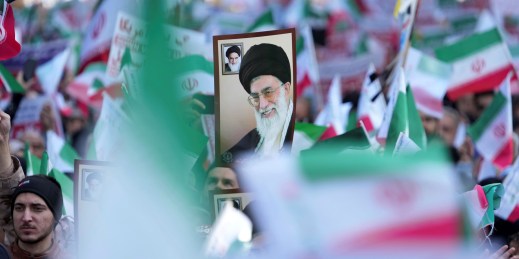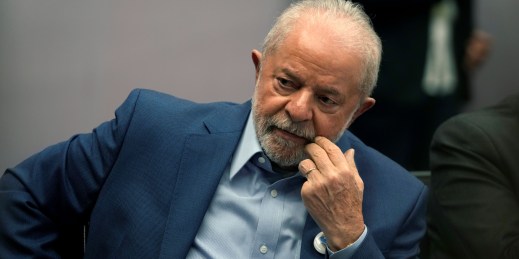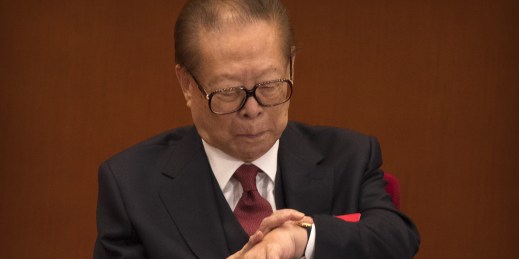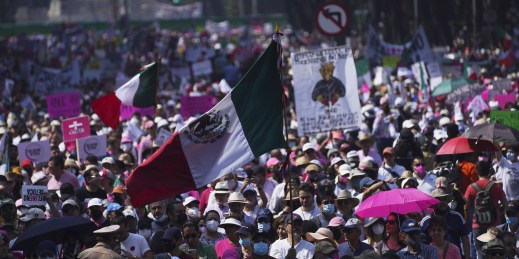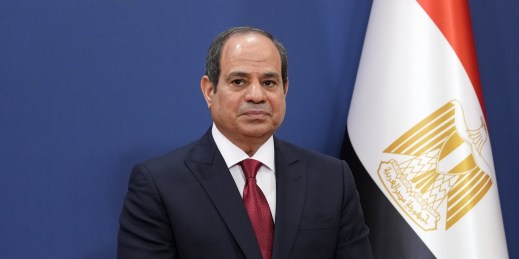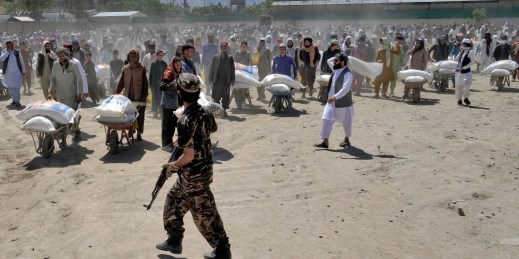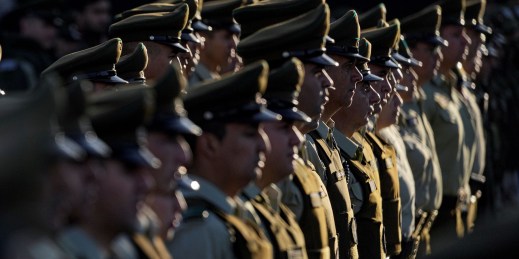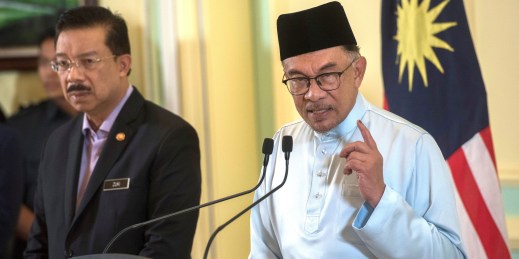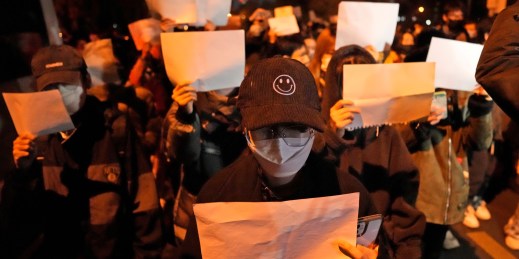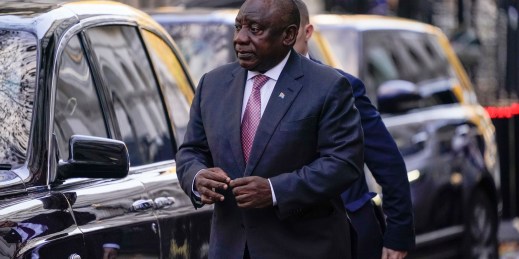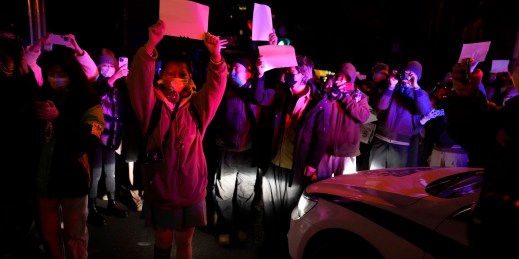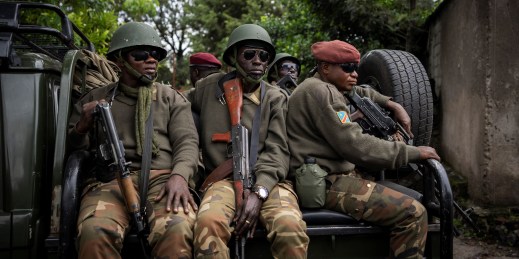
Despite a third round of peace talks between the government of Congo and representatives of major rebel groups this week, ongoing tensions in eastern Congo are raising fears of the conflict potentially escalating into an interstate war. It would be a dismal end to a year that has already proven to be a bloody one across the continent.

